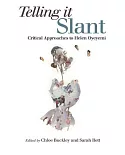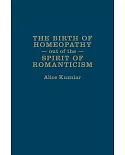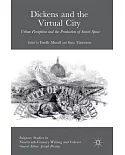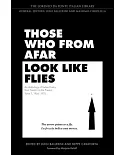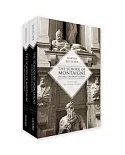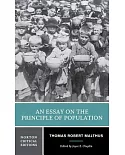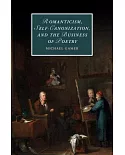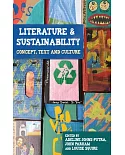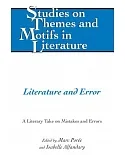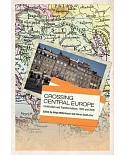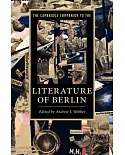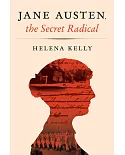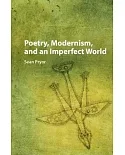In his study of George Bernard Shaw's reception by socialist and otherwise leftist radicals in early 20th Century Ireland, Ritschel (humanities, Massachusetts Maritime Academy) blends critical
literary examination and theatre history with a historical exploration of the socialist and nationalist politics leading up to the Irish Revolution. While Shaw is the focus of the study, J.M.
Synge and James Connolly are heavily considered as both readers of, and writers in response to, Shaw. The first two chapters consider Shaw's earlier career in London and Fabian influences, but
also his role in the gestation of Irish leftist thought within the Dublin theatre scene. Shaw's John Bull's Other Island is read in light of the controversy raised by Synge's In The Shadow Of A
Glen. The third and fourth chapters move out of the theatre and into Irish socialist politics, the Red Guard, the Irish Citizen's army and Shaw's lectures on "The Poor Law and Destitution in
Ireland" in light of James Connolly response to the Catholic Church's anti-socialism. The fifth chapter considers how WWI divided Irish socialists over what it meant for international worker
solidarity when capitalist nations war. Shaw's play O'Flaherty V.C. is compared to Connolly's Under What Flag?, whose portrayal of Britain as a military aggressor in Ireland helped fuel the
1916 Uprising. Annotation 穢2011 Book News, Inc., Portland, OR (booknews.com)


